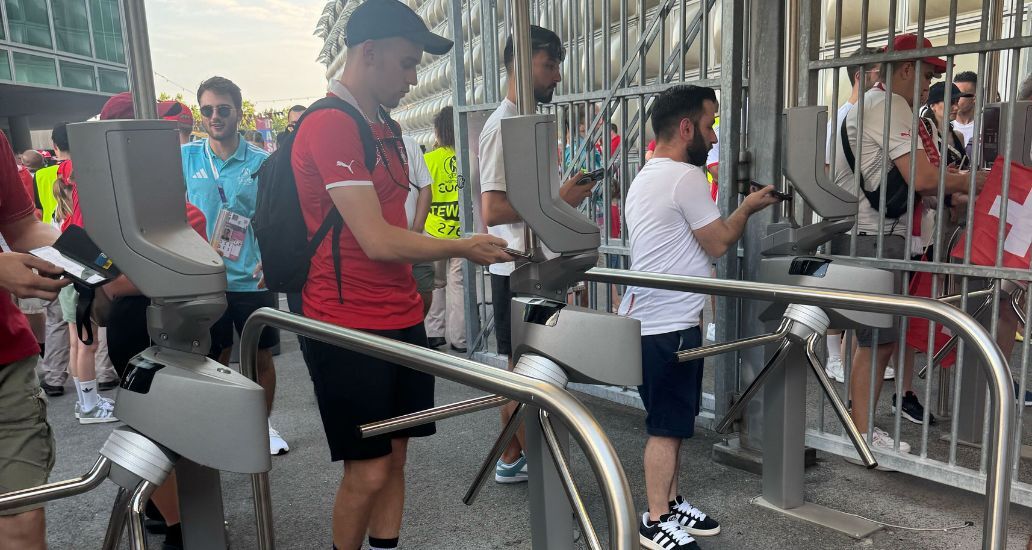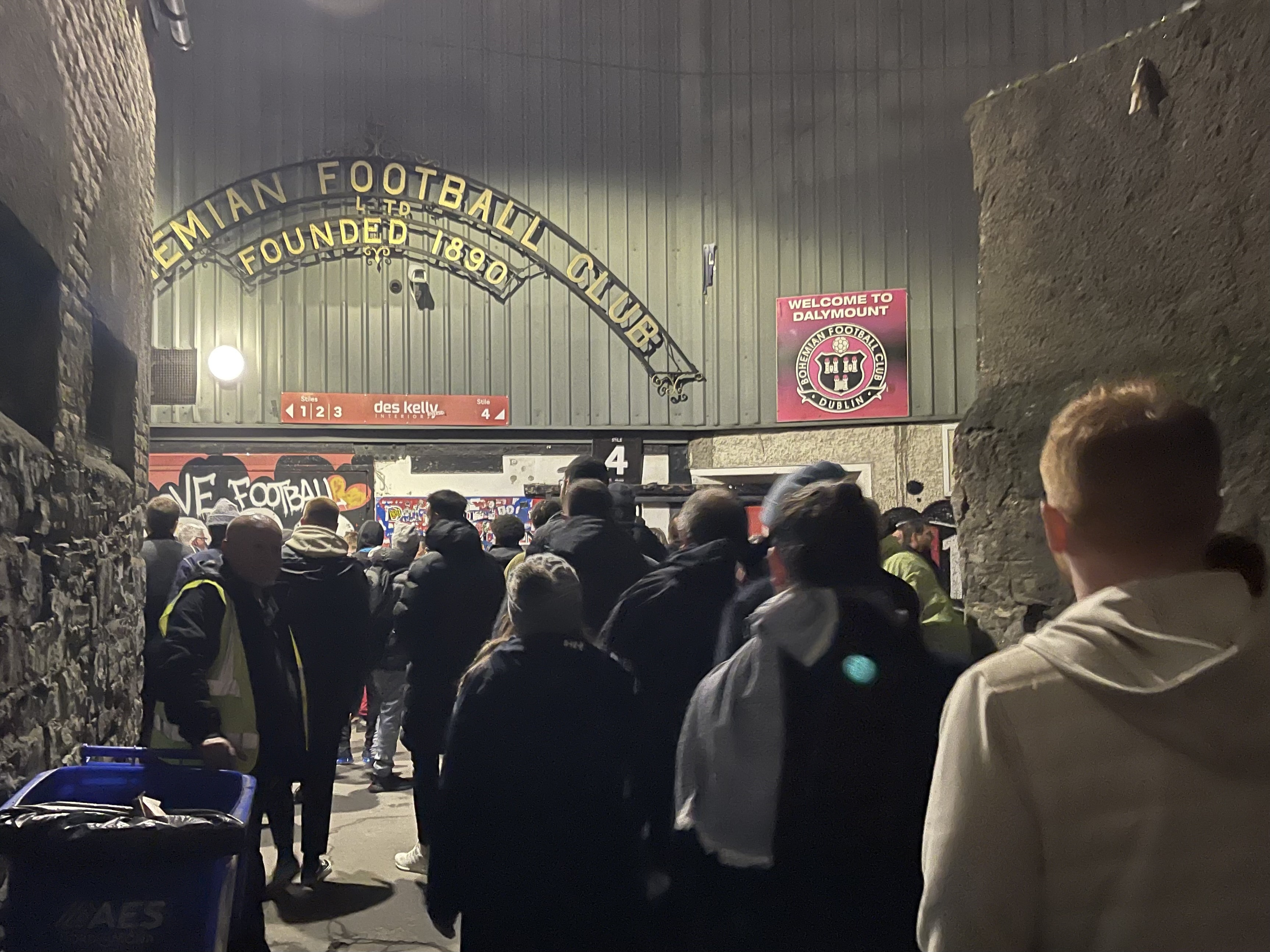Proving Scalability: A Deep Dive into TicketCo's Load and Access Control Tests
Executive Summary
When thousands of fans flood a ticket release or pour through stadium gates, performance under pressure is critical. At TicketCo, we don’t simply design for scale — we verify it in real-world conditions.
This spring, we conducted two major technical tests on our production infrastructure:
- A high-demand ticket sales simulation for a 50,000-capacity stadium
- A real-world matchday access control scenario involving 14 simultaneous fixtures
These tests were executed in our live, multi-tenant Nordic environment, without any special scaling or infrastructure changes. The objective: prove that TicketCo performs at peak without compromise.
Highlights
- Over 34,000 tickets sold in 22 minutes
- Access control load of 60,000+ scans in one hour
- System response times stayed low (avg. 102–236 ms)
- No impact on live customers or stability
- More capacity to add if needed (created an artificial roof for the test)
What follows is the full technical documentation of these tests — including architecture, methodology, metrics, and graphs — for anyone who wants to go deeper.
Load Test 1: High-Demand Ticket Sales
We simulated a 50,000-seat stadium event with high-concurrency access (1,500 buyers/minute), reflecting real Queue-it outflow limits. The test was designed to mirror the complete customer journey — from event discovery to checkout — using real behavioural data from Nordic markets.
Test Structure
Each simulated buyer moved through the following steps:
- Open event page (4–8 sec delay)
- View product alternatives (4–8 sec)
- Select 1–4 seats (10–15 sec)
- Reserve seats (10–20 sec)
- Personalise and pay (10–45 sec)
Buyers were split 70% mobile / 30% desktop, with test clients run via Locust.
Test Result Summary
- Tickets sold: 34,458
- Average checkout time: 90 sec
- Average system response time: 236 ms
- Apdex score: Excellent throughout
- Environment: Production, no tuning or scaling changes
Load Test 2: Matchday Access Control
We used real data from a high-traffic matchday (14 matches across Norway on 16 May) to assess how our access control platform handles concurrent check-ins via multiple scanning systems.
TicketCo integrates with Skidata, HID, Fortress, and our proprietary scanners, all synchronised via TicketCo Flex.
Key Metrics
- Total check-ins (17:00–18:00): 60,000+
- Peak scans per minute: 1,800
- Active users handled: 100,000+
- Average response time: 102 ms
- No service interruptions or bottlenecks
System remained stable with all external and internal scanners reporting back in real-time.
Infrastructure
Both tests were performed in our standard production environment, used daily by clients across Sweden and Norway. No temporary scaling was applied, and all systems ran with their current baseline configurations.
Our architecture is designed to self-balance load across services — meaning what we tested is exactly what our customers use.
Final Thoughts
TicketCo's platform has been tested under the same kinds of pressure our clients face on their busiest days — and it delivered.
From ticket drops to turnstile scans, whether it’s 10,000 users or 100,000, we’re ready.
For those planning major matchdays, festivals, or national rollouts:
This is what a proven scale looks like.
Read the interview with our CTO on why scalability matters







